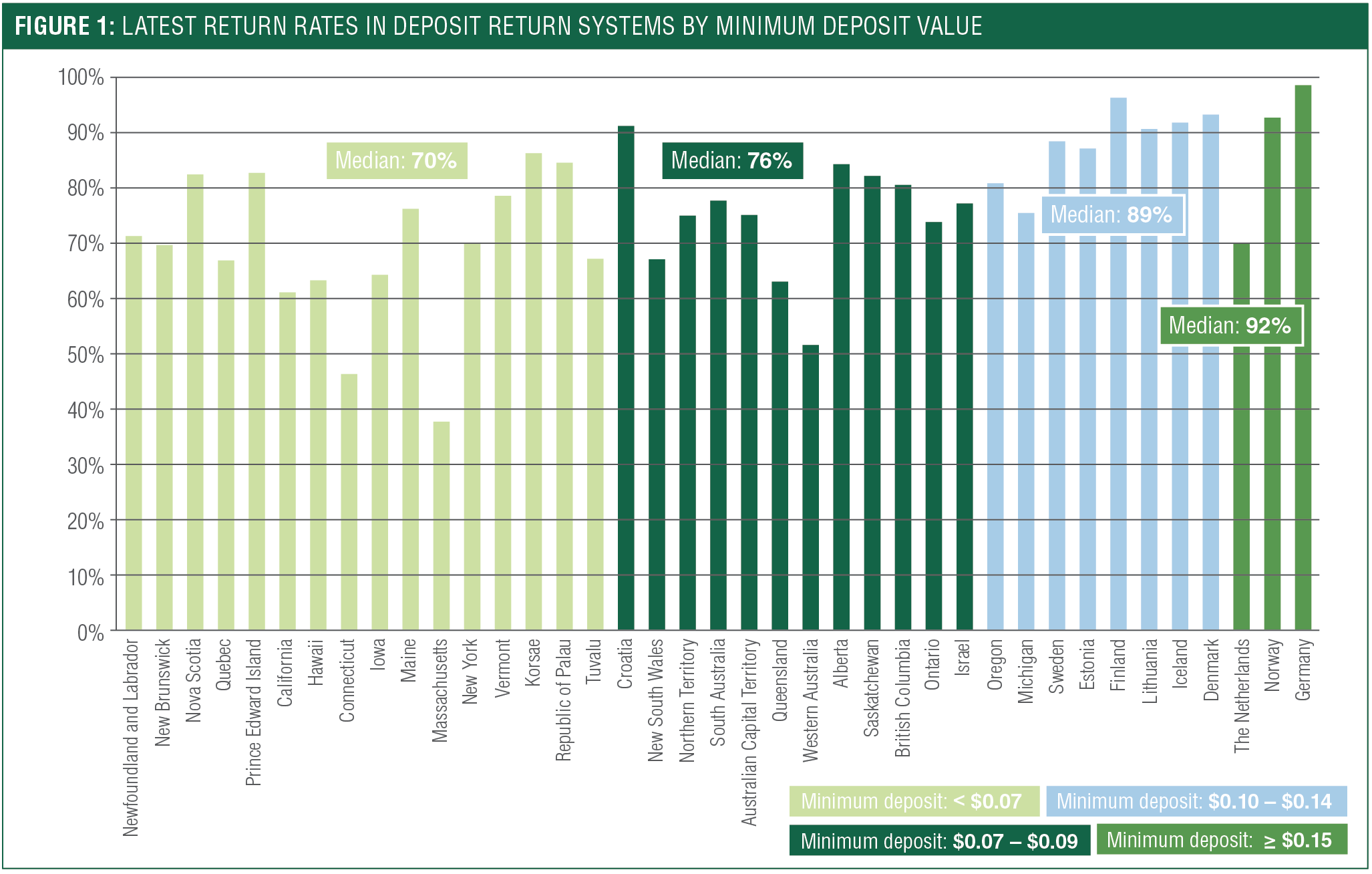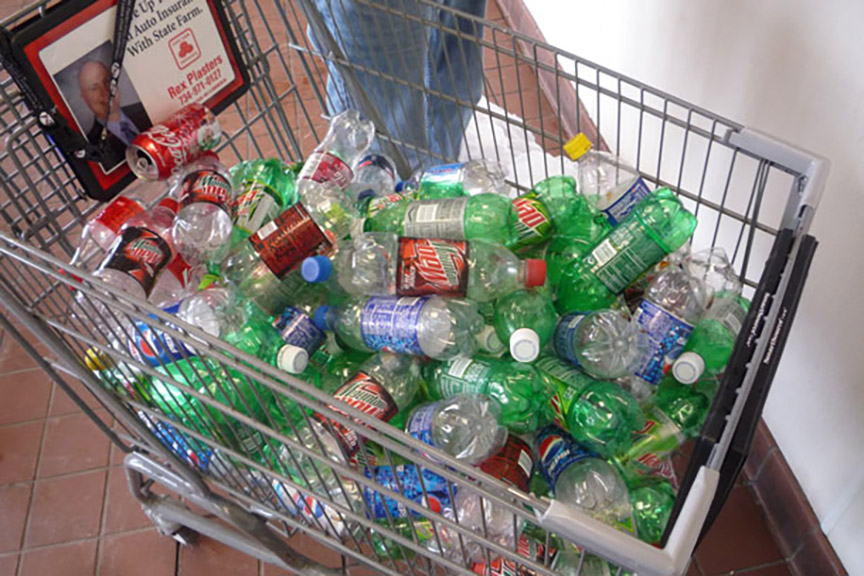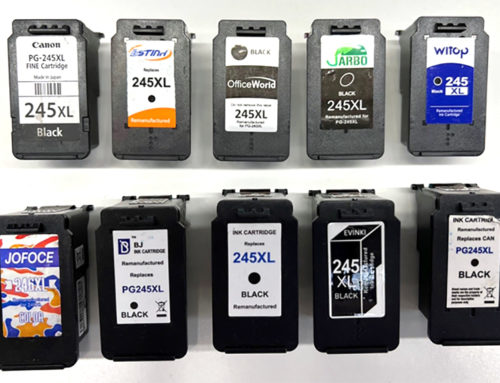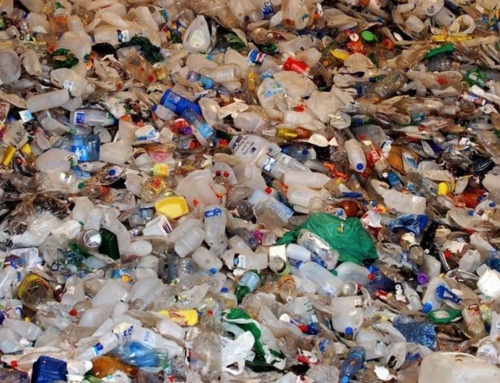The current state of plastic recycling in the U.S. is dire, with only about 24% of polyethylene terephthalate (PET) bottles being recycled. Despite the widespread availability of recycling systems and bottle deposits, actual recycling rates remain low. A team of MIT researchers suggests that a nationwide bottle deposit program could significantly improve these rates, but such a program would need to be carefully designed to ensure its effectiveness.
PET, commonly used in beverage bottles, has a recycling rate of just 24% in the U.S., a figure that has stagnated for a decade. According to a study published in the Journal of Industrial Ecology, implementing a nationwide bottle deposit program could raise the recycling rate to 82%, with nearly two-thirds of all PET bottles being recycled into new bottles. This could be achieved at a net cost of just a penny per bottle when demand is robust.
The Effectiveness of Bottle Deposit Programs
The study at MIT examined PET bottle collection and recycling rates in various states and countries with and without bottle deposit policies. The researchers found that bottle deposit programs are highly effective where implemented. However, the current collection rates are insufficient to meet the targets set by the packaging industry. A uniform nationwide bottle deposit policy could meet the mandated recycling levels proposed in legislation and corporate commitments.
Quality and Demand for Recycled PET
Recycling PET is highly successful in terms of quality, with new products made from recycled material matching the qualities of virgin material. Brands have demonstrated that new bottles can be made with 100% post-consumer waste. However, collection remains a bottleneck, leaving processing plants unable to meet their needs. The right policies could address this issue, ensuring a consistent supply of recycled material.

The Role of Municipal Waste-Recovery Facilities
While expanding the bottle deposit program ideaology is essential to increase recycling rates, it could impact municipal waste-recovery facilities that rely on PET bottles as a revenue source. These facilities would lose income from PET bottles, leaving them with lower-value mixed plastics. Policies must consider these economic implications and provide safeguards, such as subsidies funded by fees on bottle producers, to support these facilities.
The researchers developed economic models based on collection rates in states with deposit programs, recycled-content requirements, and other policies. They found that a nationwide bottle deposit system with a 10-cent deposit per bottle could meet the supply needs of packaging producers at a net cost of about 1 cent per bottle. This program could be implemented at the state level rather than as a federal initiative.
Lessons from Other Countries
Several European countries collect more than 90% of PET bottles for recycling, while the U.S. lags significantly behind, with less than 29% collected and only 24% actually recycled. Currently, only 10 states have bottle deposit systems, despite 73% of Americans having access to curbside recycling.
Policy Recommendations
To be effective, policies must address the entire recycling cycle, from increasing recycling rates to ensuring a market for recycled materials. This includes:
- Recycled Content Requirements: Mandating the use of recycled materials in new products.
- Extended Producer Responsibility (EPR): Holding producers accountable for post-consumer waste.
- Subsidies for Municipal Facilities: Supporting facilities that lose revenue due to deposit programs.
Expanding to Ink Cartridges and Other Plastics
The lessons from PET bottle recycling can extend to other plastic products, such as ink cartridges. Remanufacturing and recycling ink cartridges can significantly reduce plastic waste. Opting for US remanufactured ink cartridges, like those from DoorStep Ink, can help close the recycling loop and support sustainable practices.
Implementing a nationwide bottle deposit fee could dramatically increase PET recycling rates and reduce plastic waste. However, this solution requires comprehensive policies that address the needs of all stakeholders in the recycling chain. By learning from successful models in other countries and applying these principles to other plastic products like ink cartridges, we can make significant strides toward a more sustainable future.
Properly designed policies can ensure that more plastics are recycled, reducing the environmental impact and supporting a circular economy. Together, we can work towards a cleaner planet by making small changes in our recycling habits and supporting broader legislative efforts.






